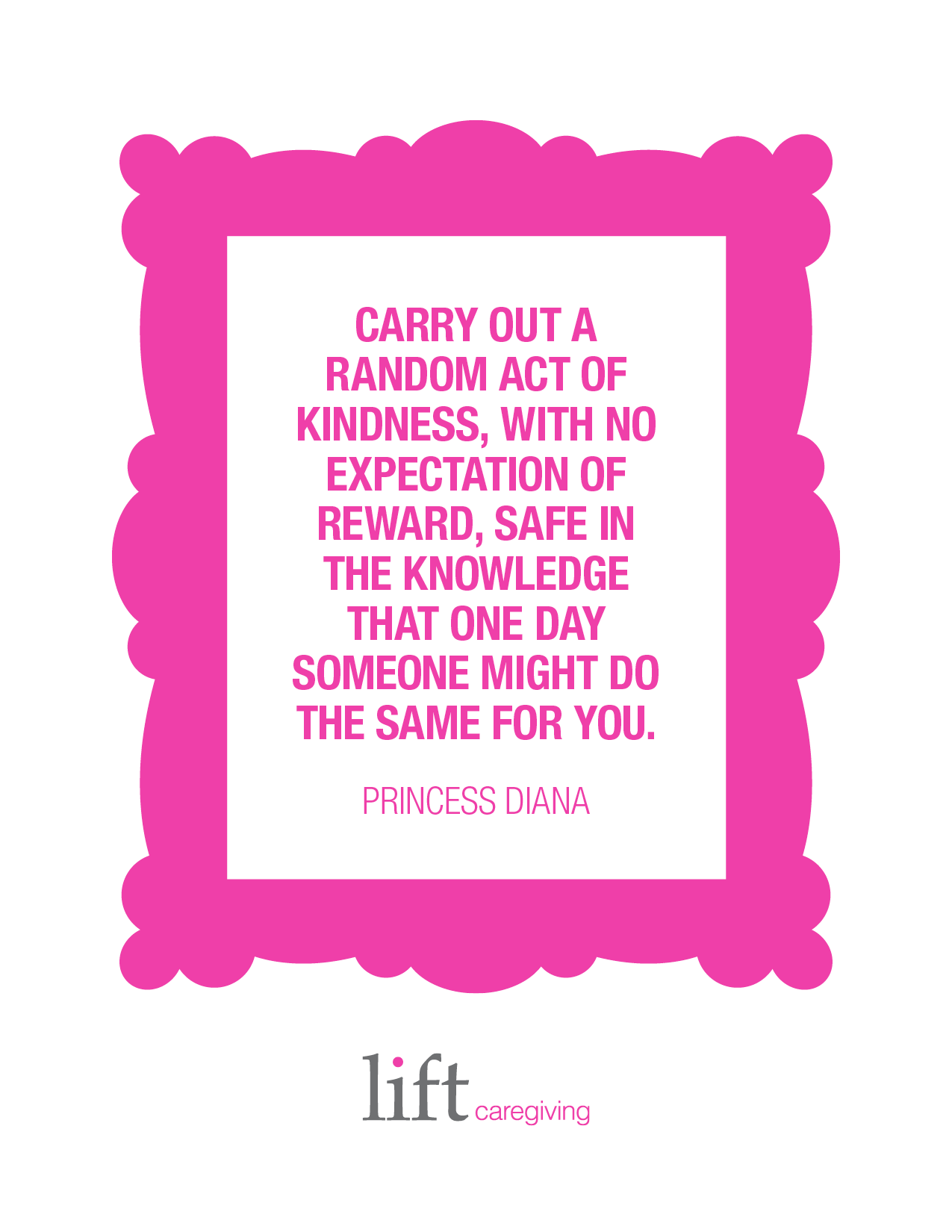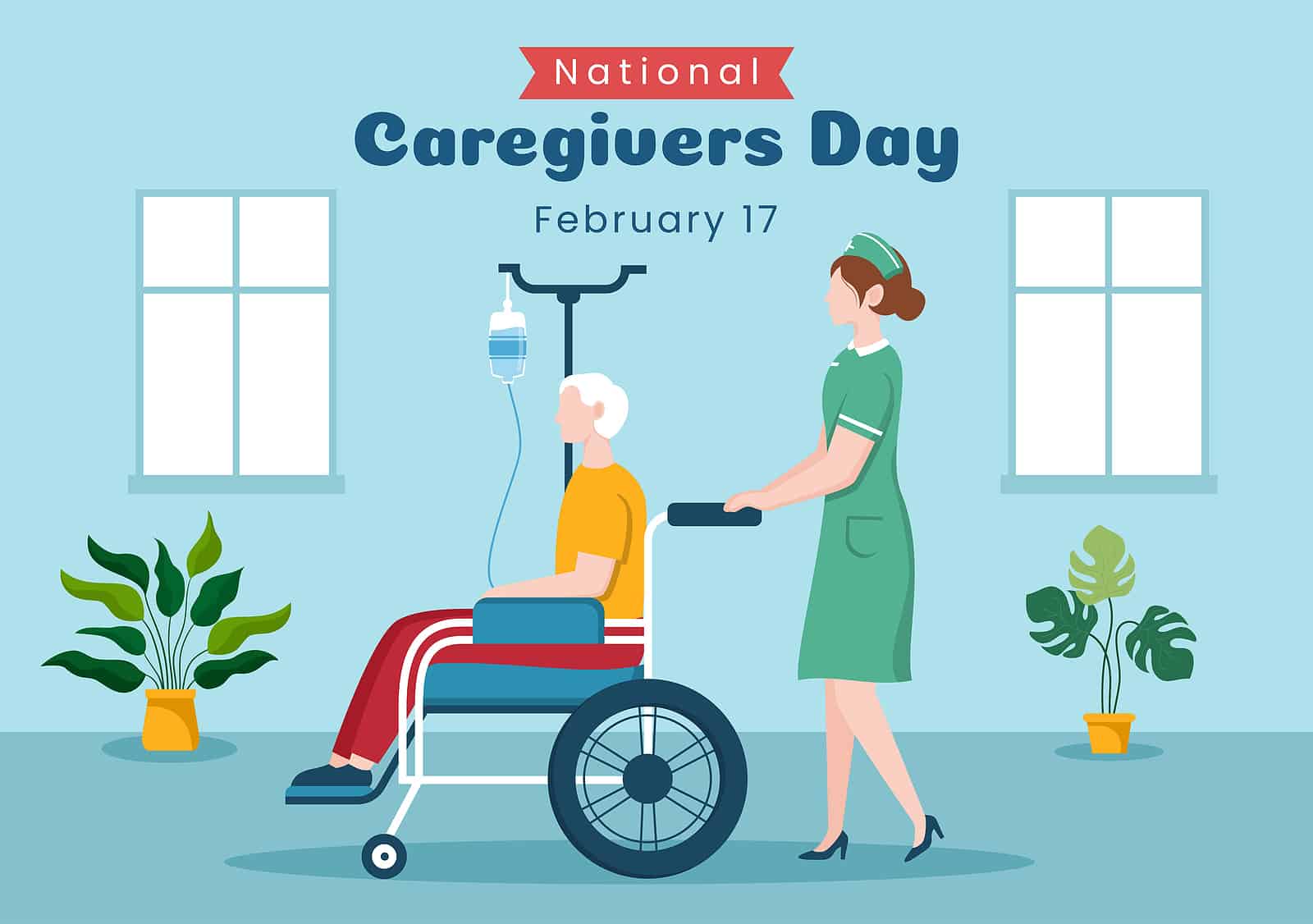**You know, life can sometimes feel like a marathon, and caregivers? Well, they're the ones handing out water bottles while you're running on fumes. Without them, so many lives would fall apart. Today, we’re diving deep into why saying "thank you for caregivers" isn't just a phrase—it’s a movement.**
Imagine a world where no one was there to help when you needed it most. No one to hold your hand through tough times, no one to remind you that you're not alone. Caregivers aren't just people who show up; they're the backbone of families and communities. They're the ones who make the impossible possible, day in and day out.
So, what does it really mean to say "thank you for caregivers"? It means recognizing the unsung heroes who sacrifice their time, energy, and sometimes even their own well-being to care for others. Whether it's a parent caring for a child, a child caring for an elderly parent, or a professional nurse dedicating their life to healing, caregivers deserve more than just a pat on the back—they deserve our admiration, gratitude, and support.
- Stuff Animal Names A Furry Journey Through Creativity And Imagination
- Mansion On Hutchinson Island The Ultimate Getaway Destination
The Role of Caregivers in Our Lives
Let's break it down. Caregivers are not just helpers; they're lifelines. They provide emotional, physical, and sometimes financial support to those in need. They’re the ones who wake up early, stay up late, and juggle countless responsibilities without complaint. In fact, studies show that caregivers spend an average of 24 hours per week caring for someone else. That's like holding down a part-time job!
Why Caregivers Are the Unsung Heroes
Think about it. When you're sick, who’s the first person to check in on you? When you're feeling down, who lifts you up? Chances are, it's a caregiver. These individuals often go unnoticed, but their impact is undeniable. According to a report by the Family Caregiver Alliance, caregivers save the U.S. healthcare system billions of dollars each year by providing essential care at home. Yet, how often do we stop to say "thank you for caregivers"?
Understanding the Challenges Faced by Caregivers
Being a caregiver isn’t easy. It’s a job that requires immense strength, patience, and resilience. Many caregivers face burnout, financial strain, and emotional exhaustion. They often put their own needs last, which can lead to serious health issues. But despite these challenges, they keep going because they care—deeply.
- Ainsley Earhardts Engagement Ring A Closer Look At Her Love Story
- Foward That Wears Number 20 Soccer A Deep Dive Into Their Impact On The Game
Here are some common challenges caregivers face:
- Long hours with little rest
- Financial burdens
- Emotional stress and isolation
- Lack of recognition or support
It’s time we start acknowledging these struggles and offering real solutions to help caregivers thrive.
How Caregivers Impact Our Society
Caregivers don’t just impact individual lives—they shape entire communities. By providing compassionate care, they create a ripple effect of kindness and empathy. They teach us the importance of selflessness and remind us that love is the most powerful force in the world.
Ways to Support Caregivers
Now that we understand the importance of caregivers, let’s talk about how we can show our appreciation. Saying "thank you for caregivers" isn’t just about words—it’s about actions. Here are some practical ways to support the caregivers in your life:
- Offer to help with daily tasks like grocery shopping or cooking
- Provide emotional support by simply listening
- Advocate for caregiver-friendly policies in workplaces and communities
- Encourage caregivers to take breaks and practice self-care
Small gestures can make a big difference. Sometimes, all a caregiver needs is someone to say, "Hey, you’re doing an amazing job, and I’ve got your back."
Self-Care for Caregivers: Why It Matters
Here’s the thing: caregivers can’t pour from an empty cup. Self-care isn’t selfish—it’s essential. Encouraging caregivers to prioritize their own well-being isn’t just kind; it’s necessary. Whether it’s taking a walk, meditating, or spending time with friends, self-care helps caregivers recharge and continue giving their best.
The Economic Value of Caregivers
Did you know that caregivers contribute trillions of dollars in unpaid labor each year? Yep, you read that right. According to AARP, family caregivers in the U.S. provide an estimated $470 billion worth of unpaid care annually. That’s no small number. Yet, despite their economic value, caregivers often go unrecognized and underappreciated.
Investing in caregiver support isn’t just the right thing to do—it’s the smart thing to do. By supporting caregivers, we’re investing in healthier communities and a stronger economy.
Government Initiatives for Caregivers
Thankfully, governments around the world are starting to recognize the importance of caregivers. Programs like the Family and Medical Leave Act (FMLA) in the U.S. and the Carer’s Allowance in the UK offer financial and legal support to caregivers. However, there’s still much work to be done. Advocacy groups and nonprofit organizations are working tirelessly to push for better policies and resources for caregivers.
Celebrating Caregivers: Stories of Inspiration
Let’s take a moment to celebrate some incredible caregivers who’ve made a difference. From parents raising children with special needs to nurses working tirelessly in hospitals, these stories remind us of the power of compassion and dedication.
Meet Jane: A Mother’s Love Knows No Bounds
Jane is a single mother caring for her two children, one of whom has autism. Despite facing numerous challenges, Jane remains committed to providing the best possible care for her family. Her story is a testament to the strength and resilience of caregivers everywhere.
How Technology Can Help Caregivers
In today’s digital age, technology offers new ways to support caregivers. Apps like CareZone and Lotsa Helping Hands help caregivers stay organized and connected with their support networks. Telehealth services allow caregivers to access medical advice from the comfort of their homes. These innovations are making caregiving easier and more manageable than ever before.
The Future of Caregiving
As our population ages and healthcare needs increase, the role of caregivers will only become more critical. By embracing technology and advocating for better policies, we can create a brighter future for caregivers and the people they care for.
Thank You for Caregivers: A Call to Action
So, what can you do to show your appreciation for caregivers? Start by saying "thank you for caregivers" in meaningful ways. Whether it’s through a heartfelt message, a small gift, or simply offering a helping hand, every act of kindness counts.
Join the Movement
Together, we can create a world where caregivers feel valued and supported. Share this article with your friends and family, and let’s start a conversation about the importance of caregivers. By working together, we can make a real difference in the lives of these incredible individuals.
Conclusion: The Power of Gratitude
In conclusion, caregivers are the backbone of our society. They give so much of themselves to ensure the well-being of others, often without expecting anything in return. Saying "thank you for caregivers" is just the beginning. Let’s commit to supporting caregivers in every way we can, because they deserve nothing less than our utmost gratitude and respect.
So, what are you waiting for? Take a moment today to thank a caregiver in your life. Your words and actions could mean the world to them.
Table of Contents
- The Role of Caregivers in Our Lives
- Why Caregivers Are the Unsung Heroes
- Understanding the Challenges Faced by Caregivers
- How Caregivers Impact Our Society
- Ways to Support Caregivers
- Self-Care for Caregivers: Why It Matters
- The Economic Value of Caregivers
- Government Initiatives for Caregivers
- Celebrating Caregivers: Stories of Inspiration
- How Technology Can Help Caregivers
- Thank You for Caregivers: A Call to Action
- The Future of Caregiving
- Conclusion: The Power of Gratitude



Detail Author:
- Name : Wiley Schowalter
- Username : cronin.weldon
- Email : jacobi.melyssa@pfannerstill.com
- Birthdate : 2001-10-03
- Address : 48331 Wallace Point Suite 762 North Gretastad, MT 10475-5990
- Phone : 814.356.5126
- Company : Gleason-Beatty
- Job : Financial Examiner
- Bio : Dolor animi sint neque id. Quis sint dignissimos earum rerum doloremque et.
Socials
facebook:
- url : https://facebook.com/jasmin_id
- username : jasmin_id
- bio : Ut error aut quis delectus minima. Sint esse aut reprehenderit eius.
- followers : 3606
- following : 1698
instagram:
- url : https://instagram.com/jasmin.kutch
- username : jasmin.kutch
- bio : Accusantium quia vel perferendis eum. Saepe voluptatum fugit ratione magni et.
- followers : 3786
- following : 2209